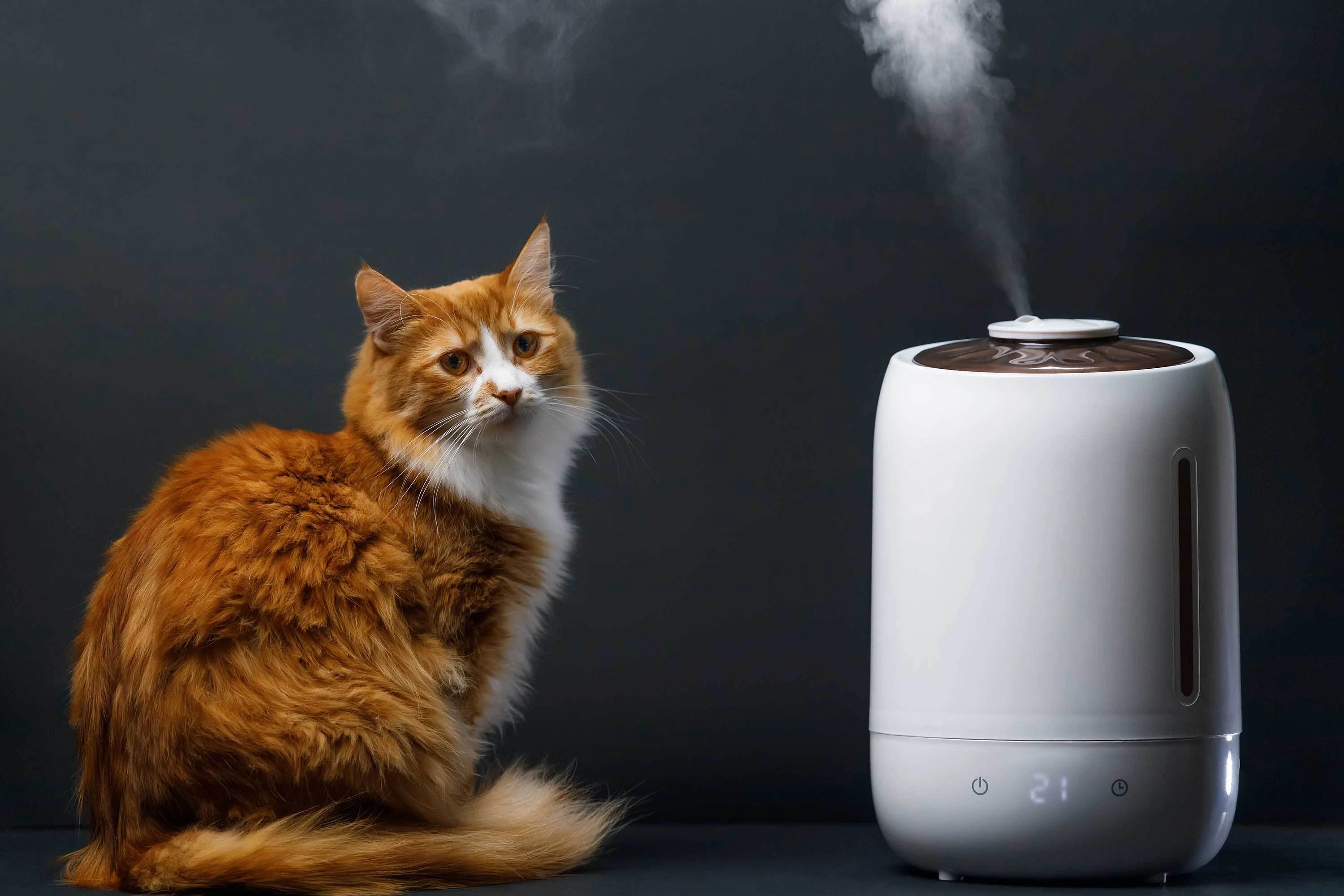
In Singapore, where the climate can contribute to quicker tartar buildup due to higher humidity and varying pet diets, maintaining your pet's dental health is crucial. Dental scaling and polishing are not just about keeping bad breath at bay; they are essential procedures that help prevent serious health issues such as periodontal disease and tooth loss. Dr Paws Vet Care, a leading veterinary clinic located at 77 Lucky Heights Lucky Court (Next to Patisserie Cle, Singapore 467626), offers comprehensive dental care tailored to the needs of Singapore’s diverse pet population.
Understanding the Importance of Regular Dental Scaling
Dental scaling and polishing for pets are critical in maintaining good oral hygiene, which is more than just ensuring a clean mouth. These procedures remove plaque and tartar buildup, preventing the development of periodontal disease and gingivitis, which are common conditions that can affect your pet's overall health.
Benefits of Dental Scaling and Polishing
Prevents Diseases: Regular dental care prevents conditions like tooth decay, swollen or inflamed gums, and more severe periodontal diseases.
- Maintains Overall Health: Good oral health is linked to overall physical health in pets, just as in humans.
- Improves Quality of Life: Dental scaling can lead to better breath, making interactions with your pet more pleasant, and can prevent tooth pain that might affect your pet's behavior and diet.
For detailed service offerings or to book a dental appointment, visit https://drpawsvetcare.com/service/dental-scaling-and-polishing-for-pets/ or call 65 6243 4668.
Recommended Frequency of Dental Scaling
The frequency of dental scaling can vary based on several factors including the breed, diet, age, and general health of the pet. Here’s what pet owners should consider:
General Guidelines
- Annual Check-ups: Most veterinarians, including the experts at Dr Paws Vet Care, recommend that pets have their teeth checked at least once a year. For many pets, a yearly dental scaling will suffice.
- Assessing the Need for More Frequent Cleanings: Pets that are more susceptible to dental diseases or those with a history of dental issues may need more frequent dental scaling sessions.
Individual Assessments
- Veterinary Recommendations: Your vet will evaluate the specific needs of your pet based on their dental health. This might include more frequent cleanings if your pet has signs of periodontal disease or is showing early signs of dental distress.
What to Expect During a Dental Scaling Session
Pre-Procedure
- Pre-scaling Consultation: This includes a general health check to ensure your pet is safe to undergo anesthesia.
- Fasting: Pets are usually required to fast overnight to prepare for anesthesia.
During the Procedure
- Anesthesia: General anesthesia is necessary for a thorough and safe cleaning.
- Scaling and Polishing: The procedure involves the removal of plaque and tartar, followed by polishing to smooth the enamel and reduce future plaque buildup.
Post-Procedure Care
- Monitoring: Post-procedure, pets are monitored as they recover from anesthesia. Dr Paws Vet Care ensures that your pet is stable and ready to go home before discharge.
- Home Care: Pet owners will receive instructions on how to care for their pet's teeth post-scaling and how to manage any discomfort they might experience.
FAQs About Dental Scaling for Pets
Is it safe to leave my pet at the vet for dental scaling?
Yes, pets must be left under professional care for dental scaling and polishing, as they will undergo general anesthesia and need post-procedure monitoring.
Can I perform dental scaling on my pet at home?
No, dental scaling should only be performed by professionals. Incorrect scaling can damage your pet’s gums and teeth and lead to infections.
How will my pet feel after the procedure?
It is normal for pets to be groggy and possibly experience mild nausea post-anesthesia. Most pets recover within a day, but it's essential to follow post-care instructions provided by your vet.
Conclusion
Regular dental scaling is critical for maintaining your pet’s oral and overall health. By adhering to the recommended frequency and ensuring proper aftercare, pet owners can significantly enhance their pets' quality of life. For residents in Singapore, Dr Paws Vet Care provides expert dental care that caters to the unique needs of your pets, helping them lead happier, healthier lives.
























